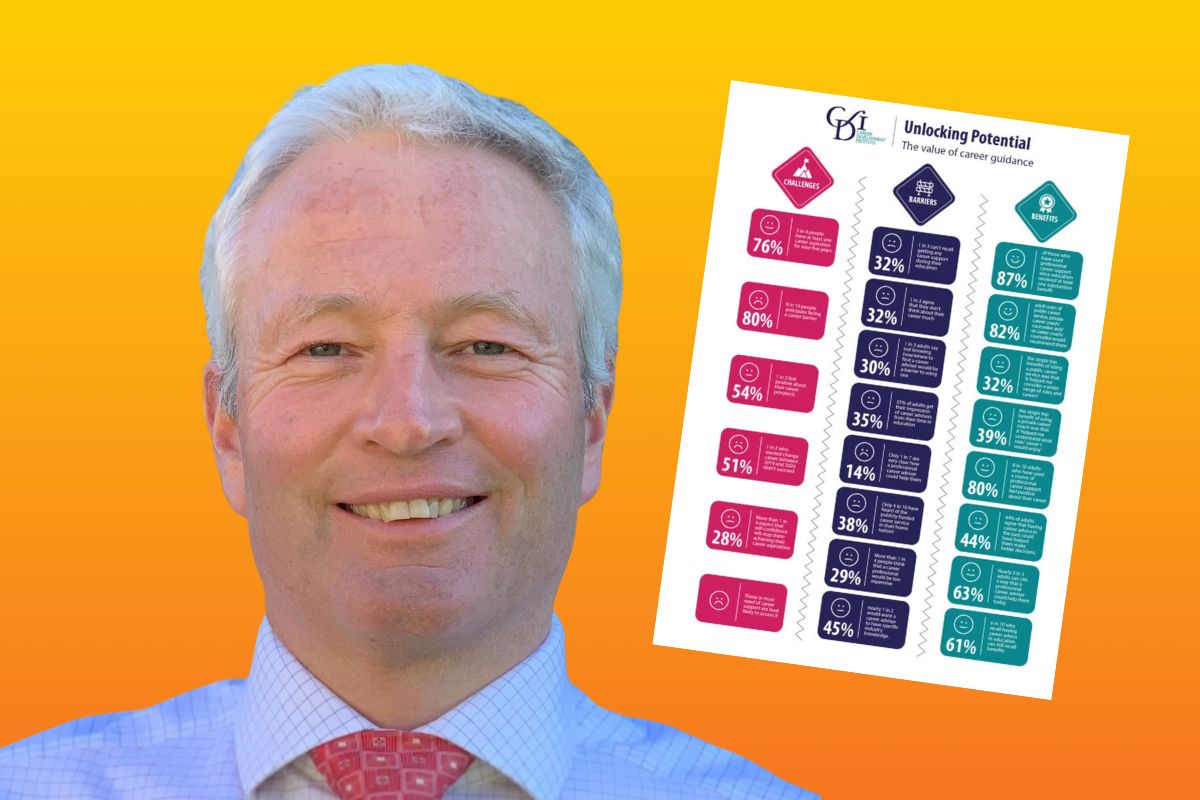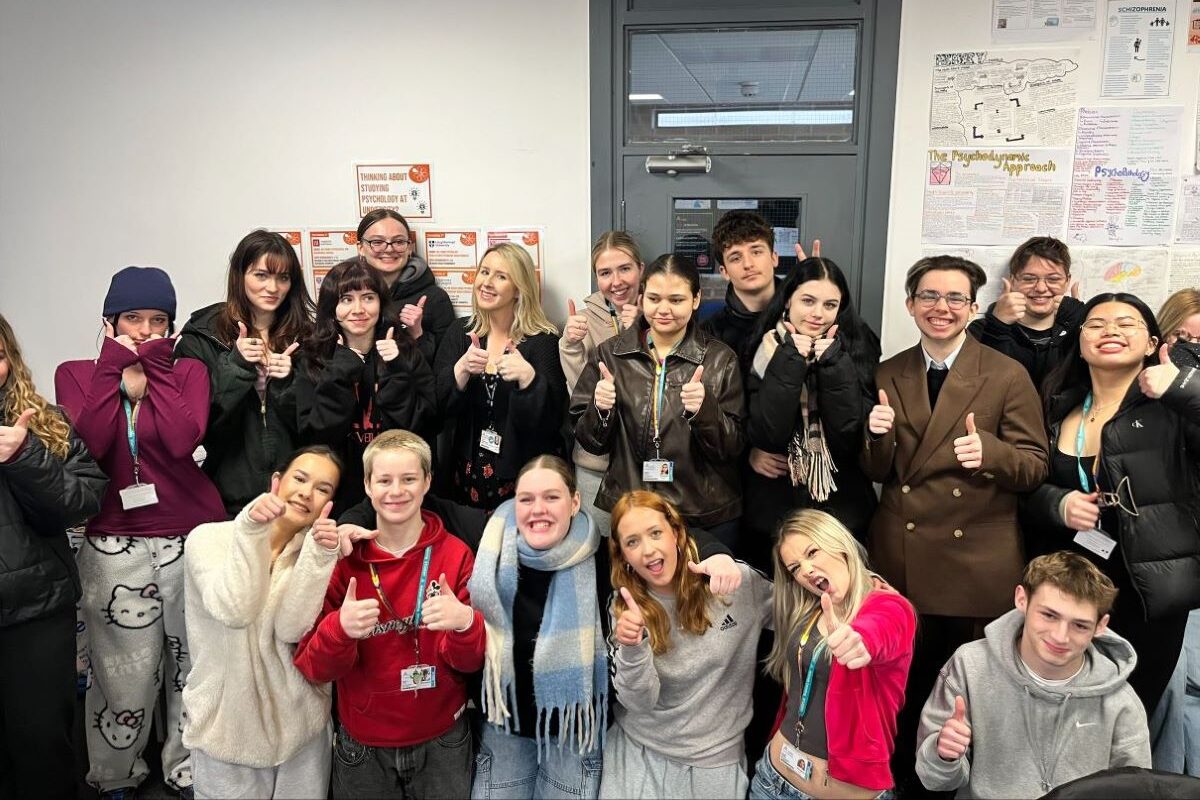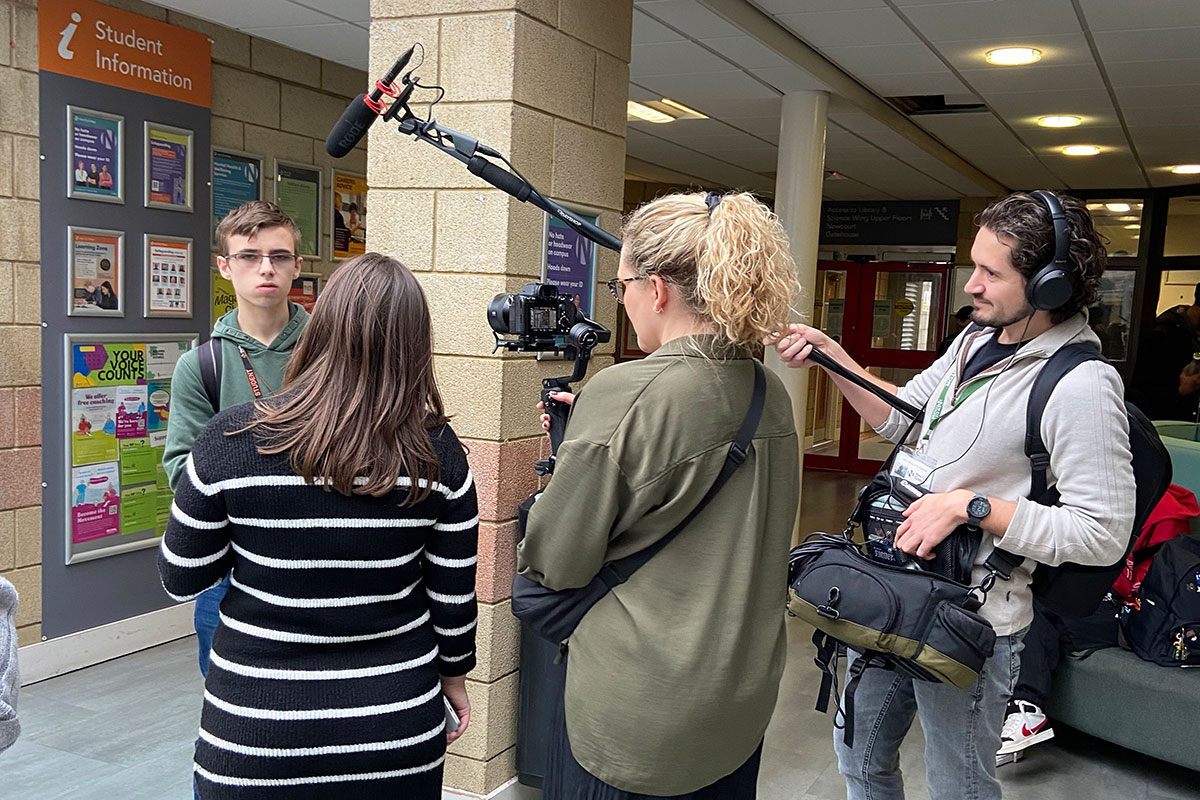How will Government emphasis on fairness extend to students taking technical qualifications in 2022?

Disadvantaged students could have lost out when competing for university places
When the government announced that, following two years of significant grade increases, students’ 2022 results would provide an eased transition back to more “normal” 2019 grade distributions, I was reminded of one of my favourite quotes.
The quote is from Calvin and Hobbes:
Dad: “The world isn’t fair, Calvin.”
Calvin: “I know Dad, but why isn’t it ever unfair in my favour?”
The government announcement emphasised that its approach for 2022 grades would prioritise fairness for students. But to paraphrase Calvin, students taking technical or applied qualifications in 2022 could have been forgiven for asking why, yet again, the plans weren’t in their favour.
New EPI research shows that in 2020, the first year of the pandemic, students taking many BTECs, and other similar qualifications saw only a fraction of the grade increases that A level students experienced.
Specifically, across their best three qualifications, students completing applied general qualifications fell one grade behind their otherwise similar peers taking A levels. It appears that this was because of grading differences in 2020.
For example, assessment for A levels was more disrupted than assessment for applied general qualifications.
In addition to final exams, applied general qualifications are likely to include more project work and continuous assessment, much of which would have gone ahead as usual in the run up to 2020 exams.
Moreover, it appears that these grading differences continued into 2021 – whilst for some non-academic qualifications there were increases in the proportions of students achieving the top grades, for some of the most non-academic there were actually decreases in the proportion of students achieving the top grades.
As the plan for 2022 is a halfway-house between 2021 and 2019 grading distributions, it seems quite likely that the government emphasis on fairness in 2022 may not extend to students taking applied general qualifications.
This really matters, for several reasons:
Firstly, the difference in grading disproportionately affects disadvantaged students.
Even before the pandemic, the grades of disadvantaged students in sixth forms and colleges trailed their more affluent peers.
However, in 2020 non-disadvantaged students were almost 50 per cent more likely to take only A levels, the qualifications with the greatest grade increases. As a result, the gap between disadvantaged students and their peers widened, from the equivalent of 2.9 A level grades in 2019 to 3.1 A level grades in 2020.
Secondly, these students could lose out when competing for university places in this year.
Qualifications other than A-levels have increasingly been used to access higher education, with over a third of UCAS (University and College Admissions Service) applications including at least one non-academic qualification in 2020.
In 2020 and 2021 the proportion of applied general students accessing higher education appeared no lower than in previous years, most likely due to the number of higher education places available increasing significantly in these years. But while overall applications remained steady, it is unclear whether applied general students still lost out in accessing the most competitive courses.
More pressingly, it is unclear whether the increase in higher education places available will continue to mitigate the impact of lower grading for these students in the 2022 round of university applications.
Finally, the cohort taking A level or applied general exams in 2022 are those that were teacher assessed for their GCSEs, in 2020.
Whilst exams were disrupted for the 2020 and 2021 cohorts, university admissions officers for the last two years were still able to fall back on exam-based GCSE results for these students from prior to the pandemic, potentially mitigating the impact of grading discrepancies between A levels and Applied General qualifications.
In 2022, not only will the grading gap likely remain, but admissions officers may no longer put the same weight on GCSE results. This could further hamper progression to higher education for these students.
So applied general students, including the significant number from more disadvantaged backgrounds, stand to lose out when competing with their A level contemporaries for higher education places in 2022.
With this in mind, the government must work with the higher education sector to ensure that these students do not disproportionately lose out when competing for university places.
If the government does not move quickly with this, grading for 2022 could actively work against their levelling up agenda, leaving many students still wondering why the world is never unfair in their favour.











Responses